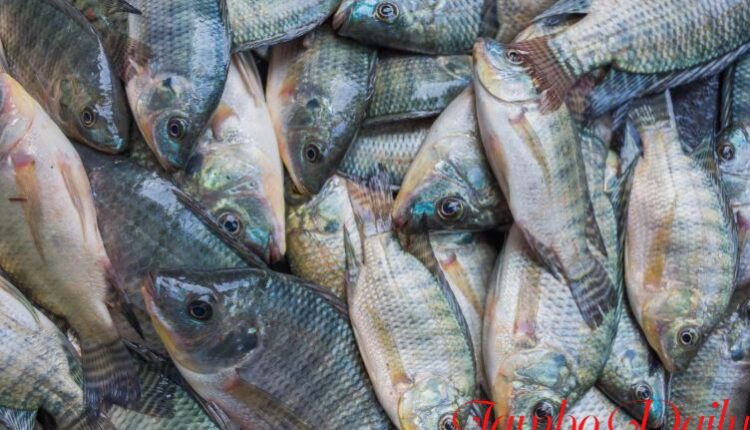
Lake VS Pond Fish; How to Tell The Difference.
Fish is considered one of the most delicious foods worldwide and here in Kenya is among the staple foods in Luo Nyaza. However, despite being one of the most delicious foods in Kenya its sweetness depends on the chef preparing the meal and mode of preparation.
There are different species of fish and this determines the availability, the common types like Tilapia are readily available and you can get them from anywhere you are and at affordable prices. However, the price also matters with the region you are within the country.
People living in the Lake region charge less compared to the vendors selling in places like Nairobi. For some reason, one might want to know the source of the fish he/she wants to buy from the market, the information of whether the fish was sourced from a lake, river, ocean, or pond might be difficult to gather especially if you’re not an expert in fish handling. However, this article has you covered as it will provide some tips that might assist you in differentiating a lake and a pond fish in the market.
Lake VS Pond Fish; How to Tell The Difference.
1. Color

Color might depend on the fish species you are observing, for instance, lake fish may sometimes have a darker or richer coloration compared to pond fish. This is highly influenced by diet and environment.
2. Size and Appearance
This marks one of the best differentiators of the two and anyone can be able to observe and tell the difference. Lake fish tend to be larger and may have a different appearance compared to pond fish. However, this can vary depending on the species. For example, lake fish like trout and salmon tend to be larger and have a different appearance compared to pond fish like tilapia or catfish.
3. Flavor and Texture:
This is also another key point to note, however, this option can’t work for everyone but can work well with fish lovers who have tasted both lake and pond fish countless times. Due to differences in their diets and habitats lake fish may have a slightly different flavor and texture compared to pond fish. Lake fish might have a more “wild” taste, while pond fish might taste milder.
4. Price
Price comes hand in hand with the region you are in if you are in a place where there are no lakes around and people practice aquaculture, the possibility of purchasing a lake fish in this region might be higher. However, in lakeside regions, fish layering is rare thus making the vice verser difficult.
5. Fish Species
Different fish species have unique characteristics that can help you identify their origin. Most species can be found in a lake but ponds focus on one or two species, for example, certain species like trout and bass are commonly found in lakes, while others like tilapia and catfish are frequently raised in ponds.
6.
Packaging and Labeling
This applies to the shops that package and label their fish with information about their source. Look for labels that specify whether the fish is sourced from a lake or a pond this is mainly done by the seller to give his/her customer information of the product they are about to purchase.
Conclusion.
The above-mentioned points are guidelines that might guide in fish purchasing, however, if you are unsure about the guidelines always ask the seller to provide more information on the origin of the fish.
